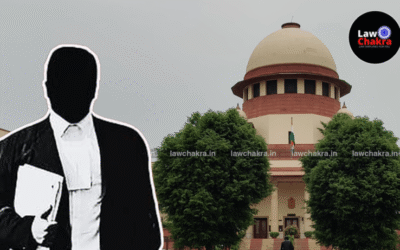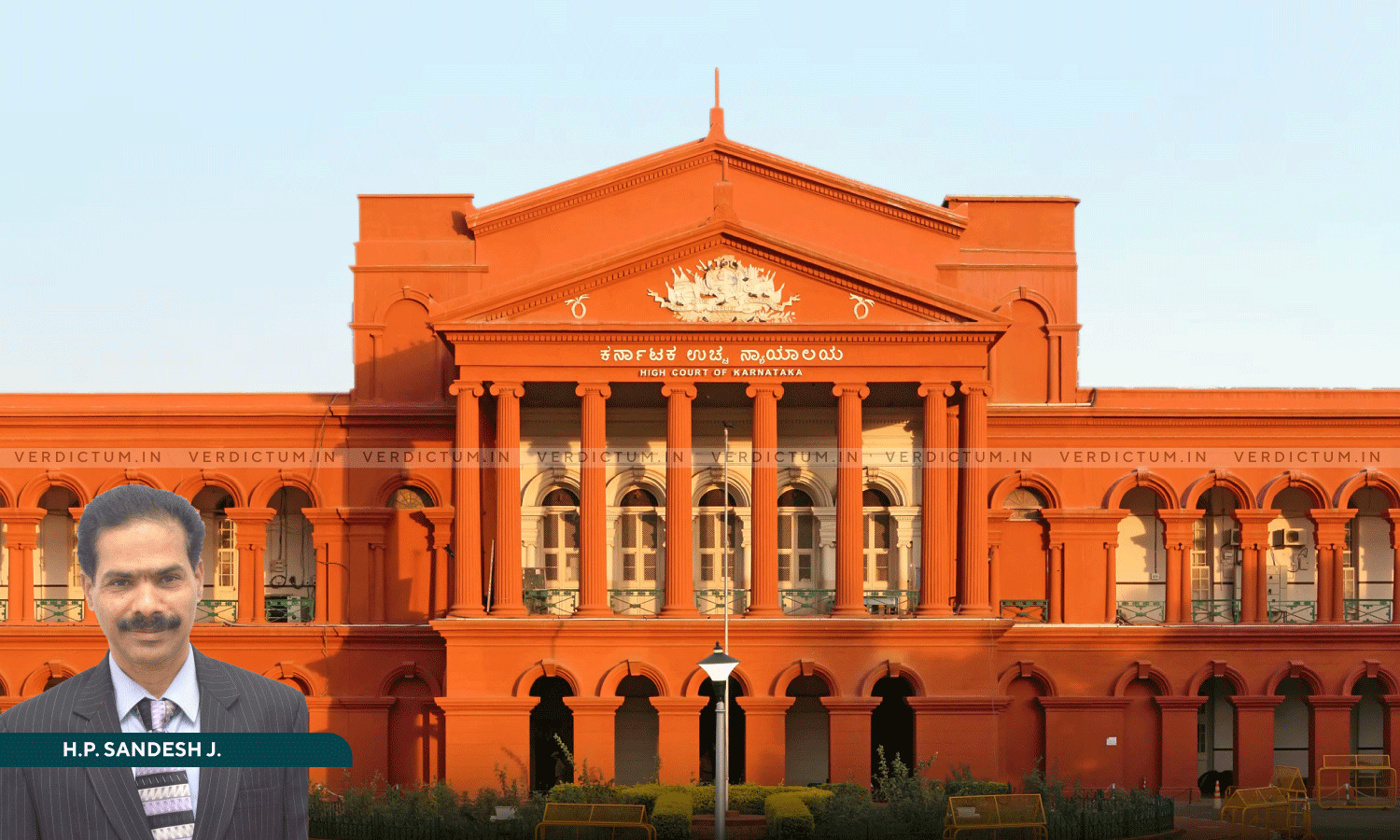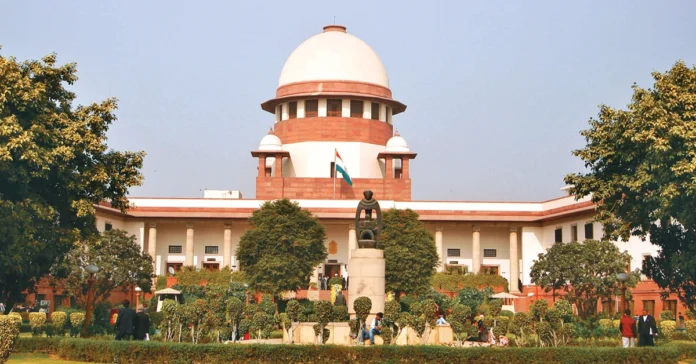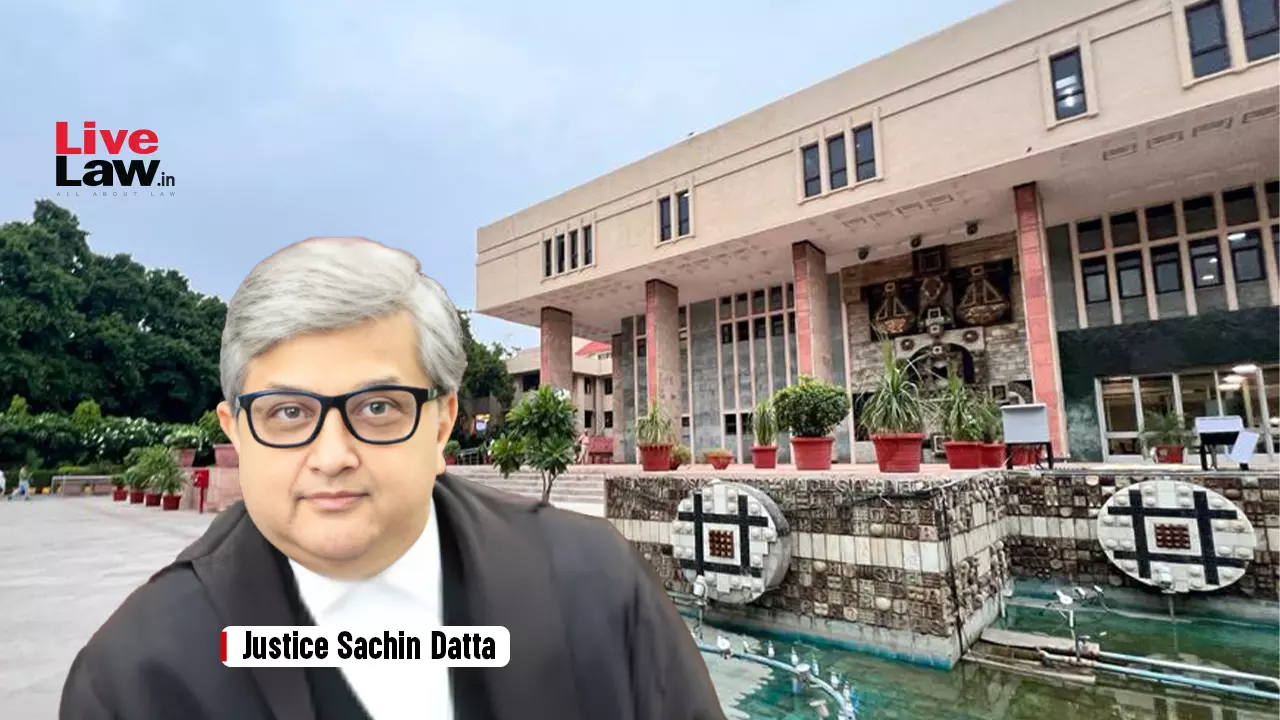Daily-Rated And Casual Workers Must Be Counted While Determining Gratuity Act Applicability: Calcutta HC
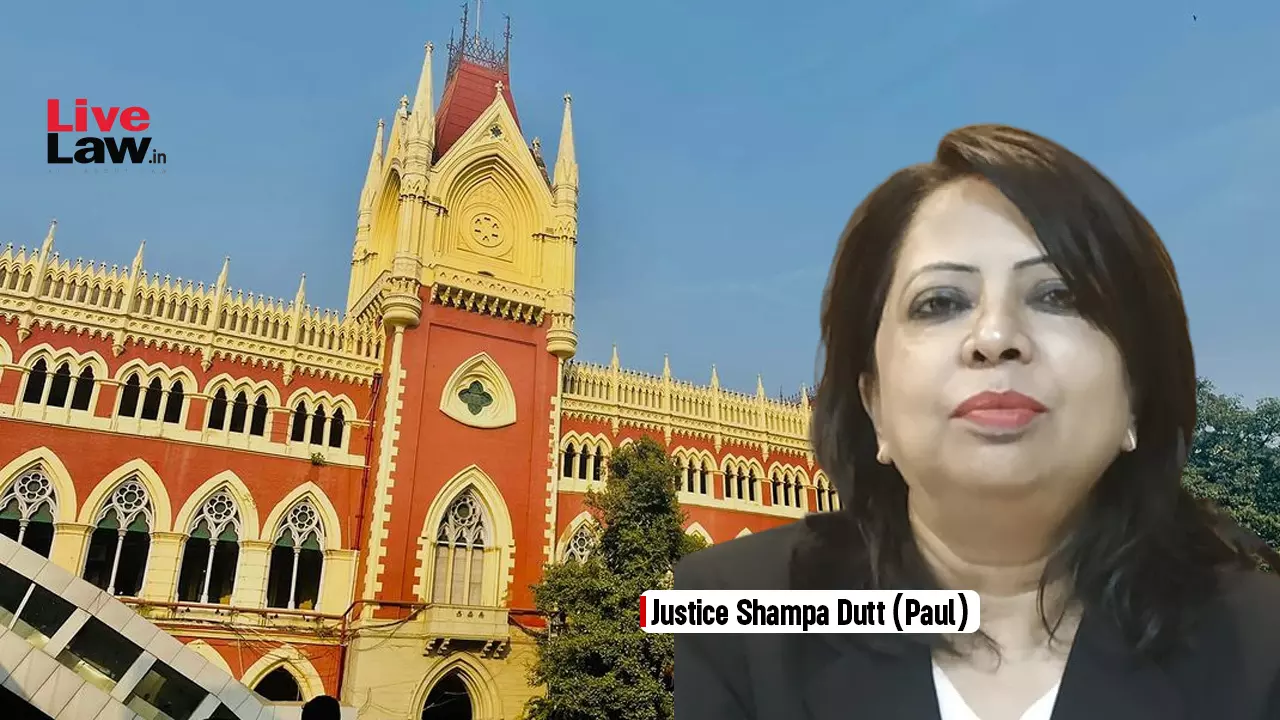
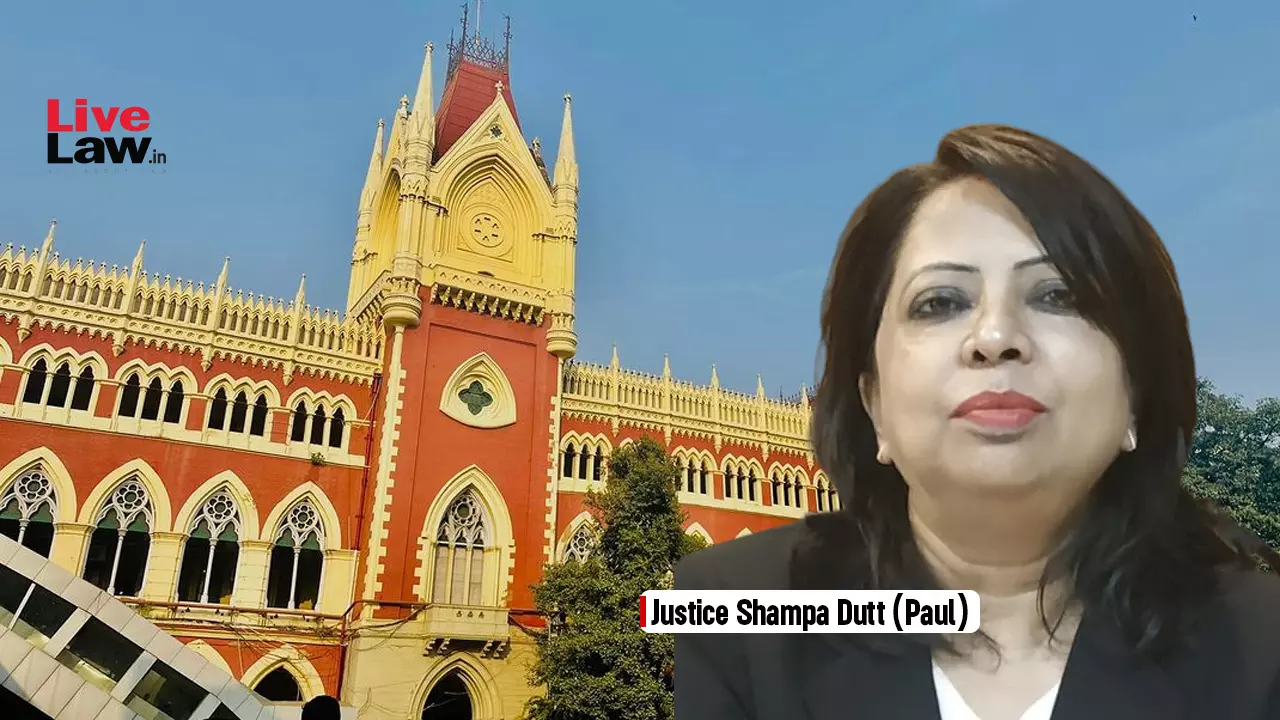
Calcutta High Court: A single judge bench consisting of Justice Shampa Dutt (Paul) allowed the grant of gratuity to a former employee of Midnapur District Service-cum-Marketing & Industrial Cooperative Union Ltd. The court held that the union came within the scope of Section 1(3)(c) of the Payment of Gratuity Act, 1972. The court held that denying these dues after 34 years of service amounted to unfair labour practice.
Background
Rejaul Hoque was working as a General Assistant and Cashier with the Midnapur District Service-cum-Marketing & Industrial Cooperative Union Ltd. (hereinafter, ‘Union’). He joined in 1974 and retired as a manager in 2009. After this, he filed an application under Rule 10 of the West Bengal Payment of Gratuity Rules, 1973, and asked for payment of Rs. 1.3 Lakh as gratuity for his 34 years of continuous service.
The controlling authority passed a favourable order and directed the employer to pay Rs. 2.1 Lakhs. This was also upheld by the Appellate Authority. Aggrieved, the Union then filed a writ petition before the Calcutta High Court challenging this order. The High Court set aside the appellate order and remanded the matter back for fresh consideration. Following this, the appellate authority again issued an order that confirmed Hoque’s entitlement to gratuity.
Aggrieved, the Union filed another writ petition challenging the new appellate order and the original order of the controlling authority.
Arguments
The Union argued that the Payment of Gratuity Act, 1972 (‘Act’) was not applicable to it. They maintained that it does not meet the threshold under Section 1(3)(c) of the Act, as it never employed 10 or more employees at any point in the preceding twelve months. Further, relying on Independent Schools’ Federation of India v. Union of India (Civil Appeal No. 8162 of 2012), the Union argued that in the absence of specific notifications from the Central Govt under Section 1(3), the Act would not apply to entities like the Union.
On the other hand, Rejaul Hoque argued that there were multiple centres under the Union, which included tile production, and mat weaving centres etc. They argued that as per records, at least 25 workers were employed in these units which included daily rated workers and also those who were paid through welfare funds. Further, they argued that the Union had also maintained a gratuity fund between 2001 and 2012; this, they argued, clearly showed that the Union acknowledged the applicability of the Act on them.
Court’s Reasoning
The court held that the applicability of the Act is governed by Section 1(2)(c), which covers any establishment with more than 10 employees employed on any day in the preceding 12 months. The court explained that while determining the number of employees, the count is not limited to permanent employees only but also includes daily rated and casual workers. The court reaffirmed Lakshmi Vishnu Textile Mills v. P.S. Mavlankar, (Spl. C.As. No. 4676, 5323 to 5332 of 1976 and 573 to 575 of 1978), which held that daily-rated workers are equally entitled to Gratuity Act protections.
Further, the court held that the burden is on the employer to disprove the applicability of the Act, since most relevant records would lie in their possession. The court concluded that this burden was not discharged and the criteria under Section 1(3)(c) was met. Lastly, the court held that denying gratuity to a worker who had served for over 34 years was unjust. The court explained that it was contrary to principles of natural justice, and also constituted unfair labour practice.
Thus, the court upheld the appellate order and dismissed the writ petition.
Decided on: 23.05.2025
Case No: WPA 2763 of 2025
Counsel for the Petitioner: Mr. Dhiman Kumar Sengupta and Ms. Farhin Mustaque
Counsel for the Respondents: Mr. Indranil Nandi, Mr. Deba Prasad Samanta, Mr. Sayak Konar, Mr. Ushanath Banerjee, Mr. Ankit Sureka, Mr. Biplab Das, Mr. Partha Sarathi Pal, Sr. (Spl.) GP and Mr. Debopriya Chatterjee.

